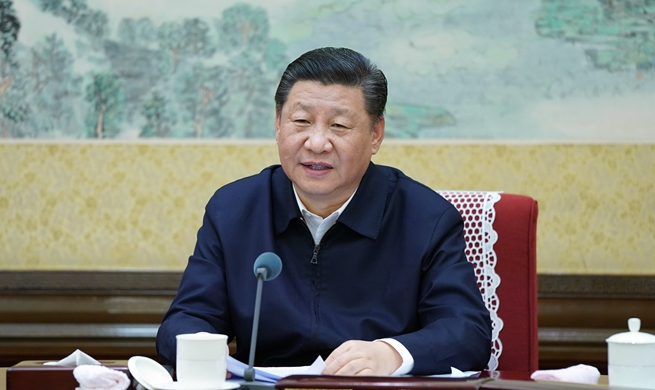NEW YORK, Dec. 27 (Xinhua) -- Indigenous innovation is the key for Beijing to avoid the middle income trap that most developing economies face, said a U.S. economist.
"China needs to maintain its momentum as an innovator. This is the point in the development cycle right now where China has hit the middle income threshold, call it 18,000 U.S. dollars per year per capita, where most developing economies struggle," said Stephen Roach, senior fellow at Yale University's Jackson Institute for Global Affairs, in a recent interview with Xinhua.
"The key to avoiding the middle income trap is to shift from importing technology and innovation of others to doing it yourself, indigenous innovation," said Roach, who is also the former chairman of Morgan Stanley Asia.
The indigenous innovation is largely being done by an impressive population of Chinese researchers, scientists and other entrepreneurs. They're having considerable success, he added.
In looking back on its extraordinary accomplishments since 1978, China has "much to be proud of in celebrating this year's 40-year milestone on the road to economic development," he said.
"This milestone should be viewed as more of an intermediate stop on a long journey rather than a final destination. In essence, China is now at a pivotal transition point between the economic take-off of a poor nation and the sustained growth of a moderately well-off society," Roach said.
China's focus on indigenous innovation through efforts in sectors of manufacturing and services should be viewed as "important strategies to enable this innovations-based avoidance of the middle-income trap," he said.
The United States should not view China's technological ambitions as a major threat to America's own, Roach said.
"Like it or not, however, state-directed industrial policies have long been prevalent throughout the world - from Japan and Germany to America's own military-industrial complex. China is hardly the outlier that Washington claims," he said.
On the U.S.-China trade relations, the economist said that the U.S. should view China's consumer-led reforms as "a distinct positive - the creation of the world's largest new market of domestic consumption."
"A bilateral investment treaty between the two nations that focuses on market access should be an urgent priority to ensure cross-market opportunities between the two largest economies in the world," he said.
China ranks 27th in the world's most competitive economies list, up from last year's 28th, according to a report released by the World Economic Forum (WEF) in September. China was at 46th when the WEF annual report was launched in 2004.













